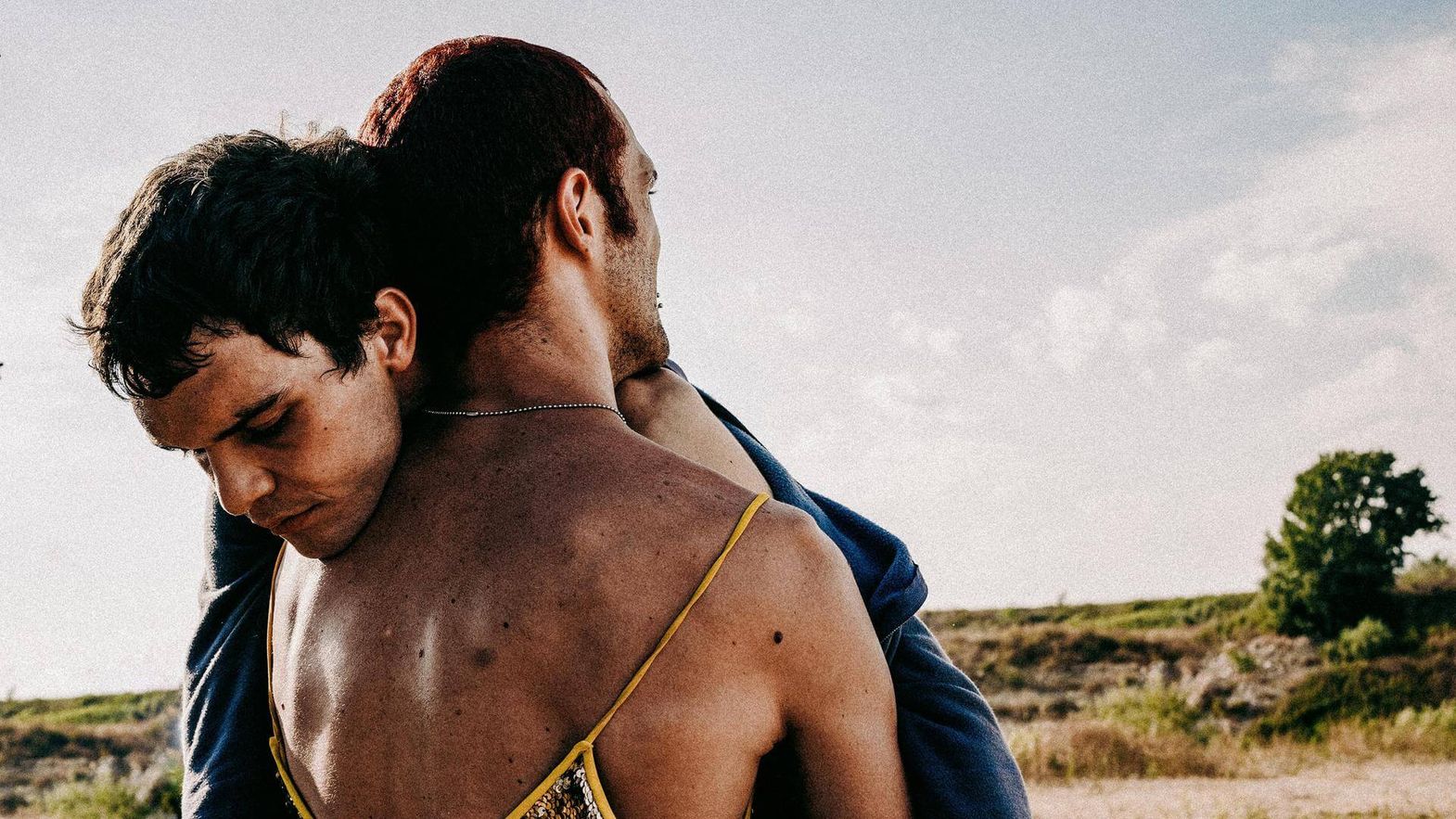 © Claudia Sicuranza
© Claudia Sicuranza
Simone Bozzelli is the future we dream of for Italian cinema. And so Patagonia, his debut feature film, one of the wildest, most explosive and uncompromising Italian debuts for many years. Born in 1994, Bozzelli already has major collaborations behind him – including the cult video clip I want to Be Your Slave for Måneskin – and a handful of short films impressive for poetic coherence and disruptive impact – Amateur (2019) and J'ador (2020), presented at the Venice Critics' Week, and Playtime (2021), in competition among the Pardi di domani at Locarno74. With Patagonia, the young director raises the bar and hits the mark by making a film that rejects every shred of bourgeois respectability and with this the easy consolations, the stupid morals, the useless prejudices. This is the story of Yuri, played with a lost and oblique gaze by Andrea Fuorto, a twenty-year-old suffocated by the nothingness of life in a small town in the province of Abruzzo who decides to follow Agostino, an egocentric clown and charmer, who shines with the subtly dark charisma of Augusto Mario Russi, in his screen debut. An escape that is a promise of independence and the beginning of a nomadic life through central Italy, aboard a camper that ends up parked in a rave field populated by a young humanity fluid and confused in the endless loop of techno music. But Patagonia is above all the story of a relationship that becomes more and more ambiguous and claustrophobic, a game of power and interdependence, of creeping oppression. Of rewards and punishments. Of freedom and control. Dominated and dominating. Slave and master. A pulsating carousel that rotates on itself. Choose, maybe lose. Growing up. A film that expands the psychological and sentimental universe already probed in the filmmaker’s short works, but that never gives up putting itself continuously at risk, scene after scene, breaking down the safety nets with the firm step of an honesty of gaze heedless of judgment, far from the predictability of good creation, yet never emptily provocative, even in its most powerful passages. Patagonia is a dirty film, which tastes of mud, dirt and dust on clothes, sweat on the skin. A film conceived, lived and realized from within the situations it tells, through fierce emotional paths and too rarely explored, perhaps out of fear or modesty. It is the staging, the vivisection with a living and open heart of human dynamics, too human, which if they may appear disturbing is only for throbbing closeness to life.
Eddie Bertozzi